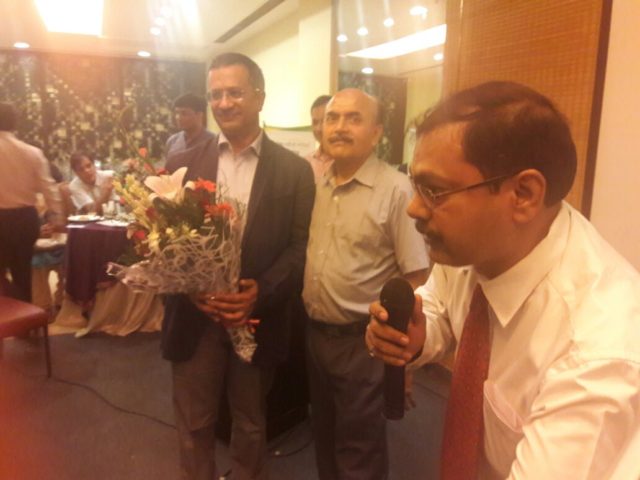New Delhi: To create awareness among the public and the doctors on certain overlooked disorders and vector borne diseases, conference was organised by Mental Research Society in coordination with GenX Diagnostics with over 200 doctors present on the occasion.

Briefing was initiated by Dr Prashant Nag, Pathology, GenX Diagnostics emphasised on how to tackle with vector borne diseases. “According to WHO, Vector borne diseases contribute to more than 20% of all infectious disease. The toll in the capital crossing the 1000 suffering from vector borne diseases like swine flu, dengue, chikungunya and malaria, our prime focus should be on timely diagnosis and further preventions. Diseases due to mosquito bites are the most common but deadliest of disease. With lot of patients reaching out to hospitals for diagnostics, lab tests can prove to be much safer, easier and quick report generation helps in better treatment.”
According to WHO, globalization along with trade and travel, environmental challenges like changes in climatic conditions are having a significant impact on disease transmission in the recent month. Cases of swine flu in the capital have increased upto four times in the last month itself that may be attributed to climatic changes after the monsoon showers.
Dr Gorav Gupta laid emphasis on psychosomatic syndrome and its consequences. He said” such disorders tend to affect a person physically which is made worse by mental factors. For instance chest pain may be caused due to stress and hypertension, but no physical disease can be found and some diseases are thought to be made worse by mental factors like stress anxiety and hypertension. This at any point affects the degree of severity of the physical disease. This is due to increased activity of the nervous impulses sent from the brain to various body parts.”
Mostly the unexpressed feelings like anger, frustration or loneliness can take form of bodily ailments. Psychosomatic ailments are triggered by certain stressful situation, negative thoughts and emotions which is getting more common now a days. With people living and working in stressful environments, 80% of professionals in India (or any developing country) have chances to develop such ailments. The most common examples include peptic ulcers, hypertension, heart problems, skin allergies, stomach disorders and respiratory problems among many others.
